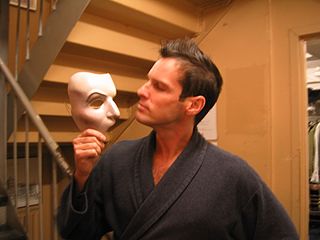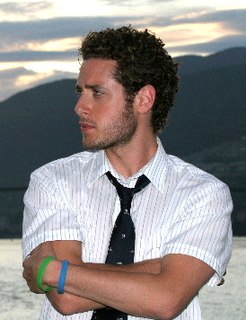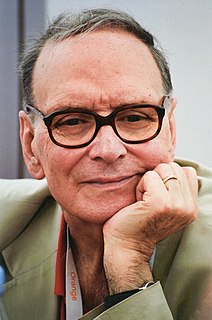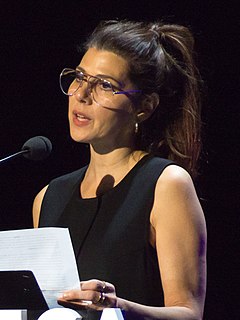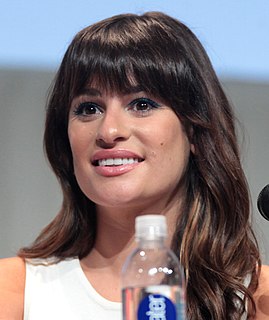A Quote by Hugh Panaro
My dream roles since I was very young were Tony in West Side Story and Pippin. But, now I leave that for the youngsters.
Related Quotes
In my youth, cinemas showed two films in one day. I used to watch both of them. It may sound strange, but 'West Side Story' was the only musical I liked. I didn't like musicals, or films with songs, at all. I always thought they were not real, that the songs sounded a little bit false. But in the case of 'West Side Story,' things were different.
In high school, my first thing ever was I played Tony in West Side Story when I was about 17. I was a really shy kid and I just like forced myself to learn how to sing this one month because I loved West Side Story so much and I somehow managed to get the role. I had an afro and glasses, and the guy who cast me goes, "All right, the first thing to go is the afro and the next thing, I'm going to buy you contacts and we're going to get you..." So he kind of molded me into what it had to - that's still probably the hardest role I've every played in anything, the most taxing role.
We would also go to musicals. So Singing In the Rain, On the Town, and West Side Story. Especially West Side Story because played that a lot before VCRs, so that would be something that would be a big deal if it came on, you caught it. So that really started, my family was not in show business at all but really loved that kind of thing.
I was a lonely child. My brother Tony and I were never very close, neither as children nor as adults, but I was tightly bound to him. We were forced to be together because we were really quite alone. We were in the middle of the Irish countryside, in County Galway, in the West of Ireland, and we didn't see many other kids.
One of the things that is nice about these old pastors - they were young at the time - who went into the Middle West is that they were real humanists. They were often linguists, for example, and the schools that they established were then, as they are now, real liberal arts colleges where people studied the humanities in a very broad sense. I think that should be reflected in his mind; appropriately, it is.
